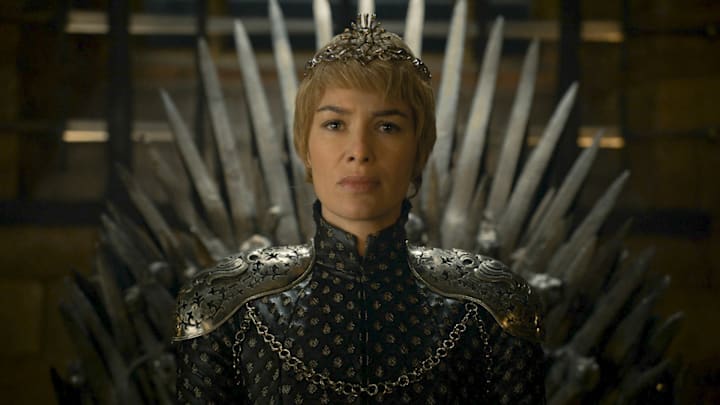Prosopagnosia, otherwise known as face blindness, is a condition where people struggle to recognize other people's faces and have trouble interpreting facial cues. According to Medical XPress, the condition affects around one in 50 people and can have negative effects, since it makes it harder to interact with people in social situations. A team of scientists led by Professor Tim Andrews from the University of York published a new paper on face blindness in the journal Cerebral Cortex, where they outlined how they used HBO's popular show Game of Thrones to study the condition.
Here's how the study worked: researchers looked at one group of people with face blindness and one group without, and scarred their brains as they watched Game of Thrones. Within each group, half the people had seen Game of Thrones beforehand and half had not. Among neurotypical people — that is, the people who did not suffer from face blindness — who had already seen Game of Thrones, "brain activity increased in regions of the brain associated with non-visual knowledge about the characters, such as who they are and what we know about them." So once they saw Cersei's face, for example, they probably started to think things like "queen," "ruthless" and "wino," although that last part is me editorializing.
Perhaps predictably, these same regions of the brain were not as responsive among those neurotypical people who had never seen the show before. Among those participants with face blindness, "the effect of familiarity was not found in the same regions of the brain found in neurotypical participants. The connections between the visual and non-visual regions were also reduced in face blindness."
So what does all this mean? "We were really excited to see the results of our study as they suggest that our ability to recognize faces relies on what we know about people, not just what they look like," said Tim Andrews. "While it was believed that we recognize faces by learning their visual properties—such as features, configuration, and texture—our study indicates that it involves connecting a face with knowledge about the person, including their character traits, body language, our personal experiences with them, and our feelings towards them."
So the study, which Andrews and his colleagues hope to build on, helped the researchers understand that face blindness is linked to a lack of certain kinds of neural connections, which could lay the foundation for treatment. As for why the researchers chose Game of Thrones for this study, it's because of its wide appeal and large cast of well-developed characters. "We chose to show participants footage from 'Game of Thrones' because the series captivated people around the world with its strong characters and their deeply nuanced personalities," said lead author Kira Noad.
It's nice for Game of Thrones to get that nice little tip of the hat from a scientist. You can stream all eight seasons of the show now on Max.
To stay up to date on everything fantasy, science fiction, and WiC, follow our all-encompassing Facebook page and Twitter account, sign up for our exclusive newsletter and check out our YouTube channel.
